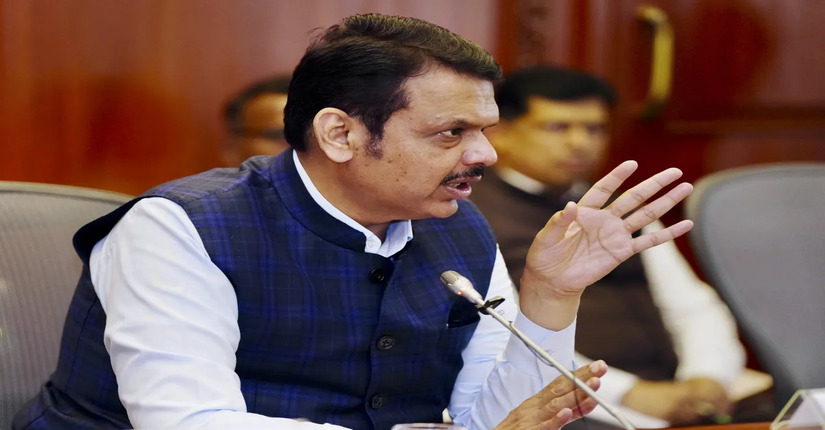India’s politics are unpredictable, particularly in Maharashtra. “Anything can happen in politics,” said Maharashtra’s Deputy Chief Minister Devendra Fadnavis recently, underscoring the dynamic nature of politics. Although it may appear to be a straightforward observation, it highlights how erratic political alliances, choices, and power relations are in India. The political upheavals in Maharashtra serve as excellent illustrations of how coalitions and power dynamics frequently undergo sudden changes. Politics is a dynamic, fascinating, and uncertain field because of its unpredictability.
The Political Roller Coaster of Maharashtra
The political history of Maharashtra demonstrates the unpredictable nature of the Fadnavis. The BJP and Shiv Sena’s long-standing alliance abruptly fell apart during the 2019 Maharashtra elections. A major split resulted from disagreements about the Chief Minister’s stance. Shiv Sena unexpectedly joined forces with the Congress and NCP to establish the Maha Vikas Aghadi (MVA) administration. Even after Fadnavis was in power for a short time, the political climate quickly altered. This instance demonstrated how coalitions in Maharashtra can change rapidly. Since then, the same fluidity has occurred, with Fadnavis returning as Deputy CM with the formation of a new partnership. This dynamic is a great reflection of Fadnavis’s assertion.
The Resilience of Political Alliances
Fadnavis’s comment regarding political volatility also highlights how strong Indian political ties are. At the state and national levels, alliances are formed out of necessity rather than ideology. The BJP-Shiv Sena alliance in Maharashtra disintegrated, but other coalitions—including ones with previously antagonistic parties—formed in a matter of months. This flexibility is also visible in other states, where changing alliances have the power to alter the course of government. Power and survival are frequently the top priorities for political leaders, which results in unlikely alliances. In light of this, Fadnavis’s remark regarding the unpredictable nature of politics emphasizes how adaptable and opportunistic Indian politics are, continuously changing to reflect the political environment.
The Larger Implication: National Politics
Beyond Maharashtra, Fadnavis’s assertion regarding political unpredictability has broad ramifications for national politics. Regional and national parties in India are constantly changing their coalitions in an attempt to seize power.Unpredictable changes have the power to influence national politics, and regional players are becoming more significant. For example, coalitions such as the one between the Maharashtra Shiv Sena and the BJP may disband and then reappear in other shapes. Fadnavis’s statement that “no outcome is ever certain in Indian politics and anything can happen depending on shifting political tides” is still relevant as electoral calculations change and new coalitions form.
Conclusion: Embracing the Uncertainty
Nothing is assured in Indian politics, as encapsulated in Fadnavis’s words. As alliances, leaders, and tactics shift in reaction to public opinion, election outcomes, and unanticipated circumstances, the nation’s political landscape is characterized by rapid changes. This unpredictability necessitates flexibility and agility for politicians. It draws attention to the unpredictability of governance for voters. The dramatic changes in Maharashtra and throughout India show how quickly political fortunes may alter. Fadnavis’s caution that “anything can happen” reflects the Indian political landscape’s ongoing unpredictability, which keeps both citizens and political observers alert.
